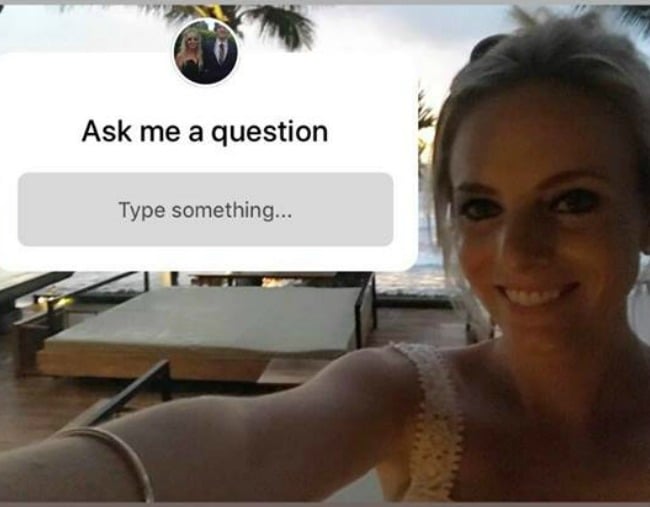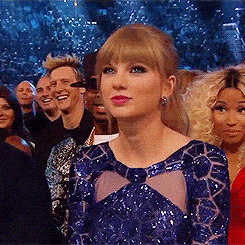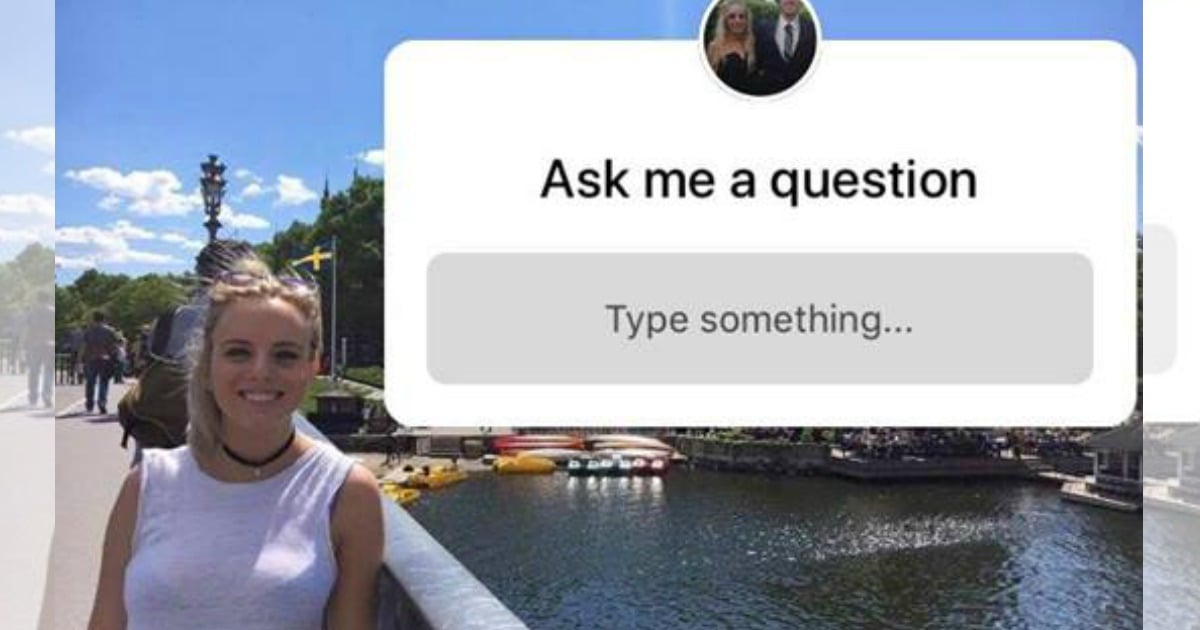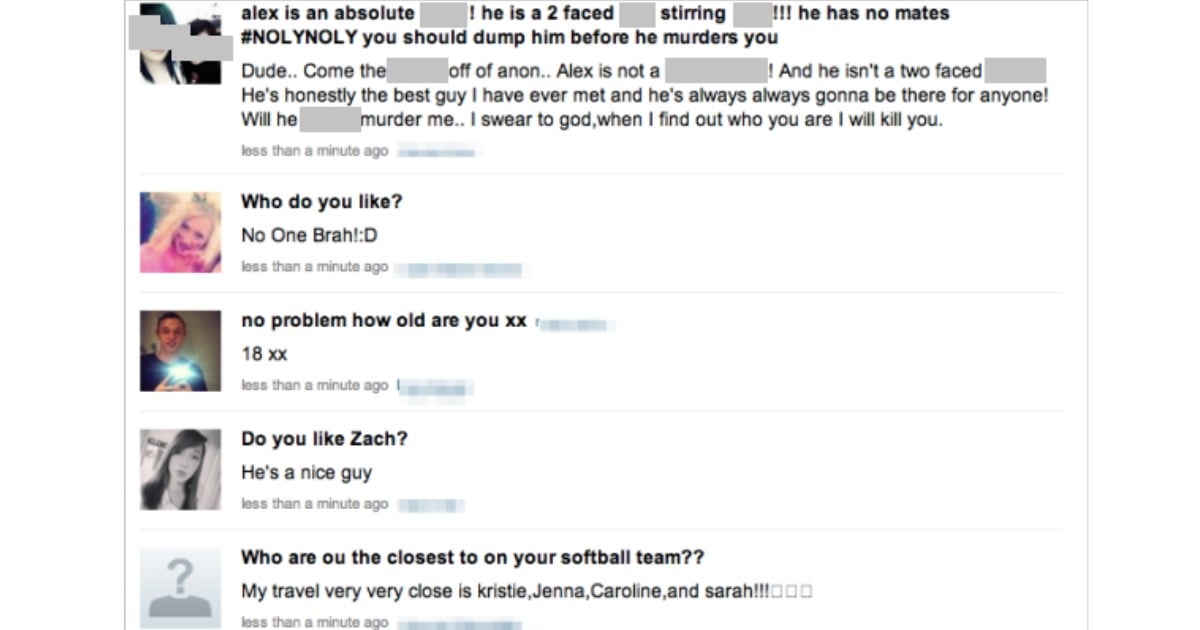
When I was a teenager, a guy I liked asked me on MSN why I was as wide as a trampoline.
There were a number of logical issues with his question.
- Are trampolines particularly… wide?
- Surely there are better similes.
- I wasn’t… wide.
- I don’t think the point of his question was to actually get an answer.
The point of his question, I assume, was to make me feel weird and bad about my body/myself, which he needn’t have attempted because no 14-year-old girl needs help in that department.




Top Comments
You just remove that shot and move on
Software cannot be "mean". If you have 'friends' on social media who are mean to you, I suggest you get new friends.